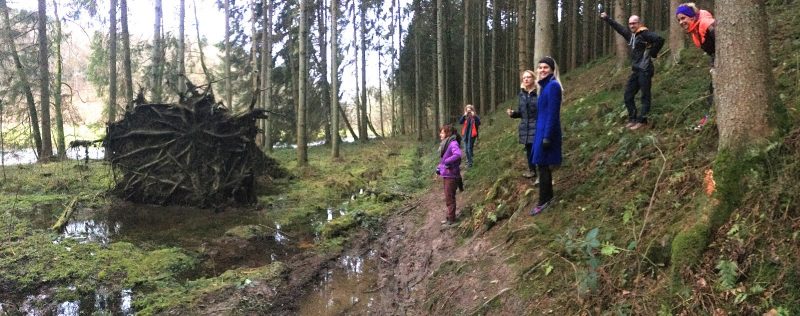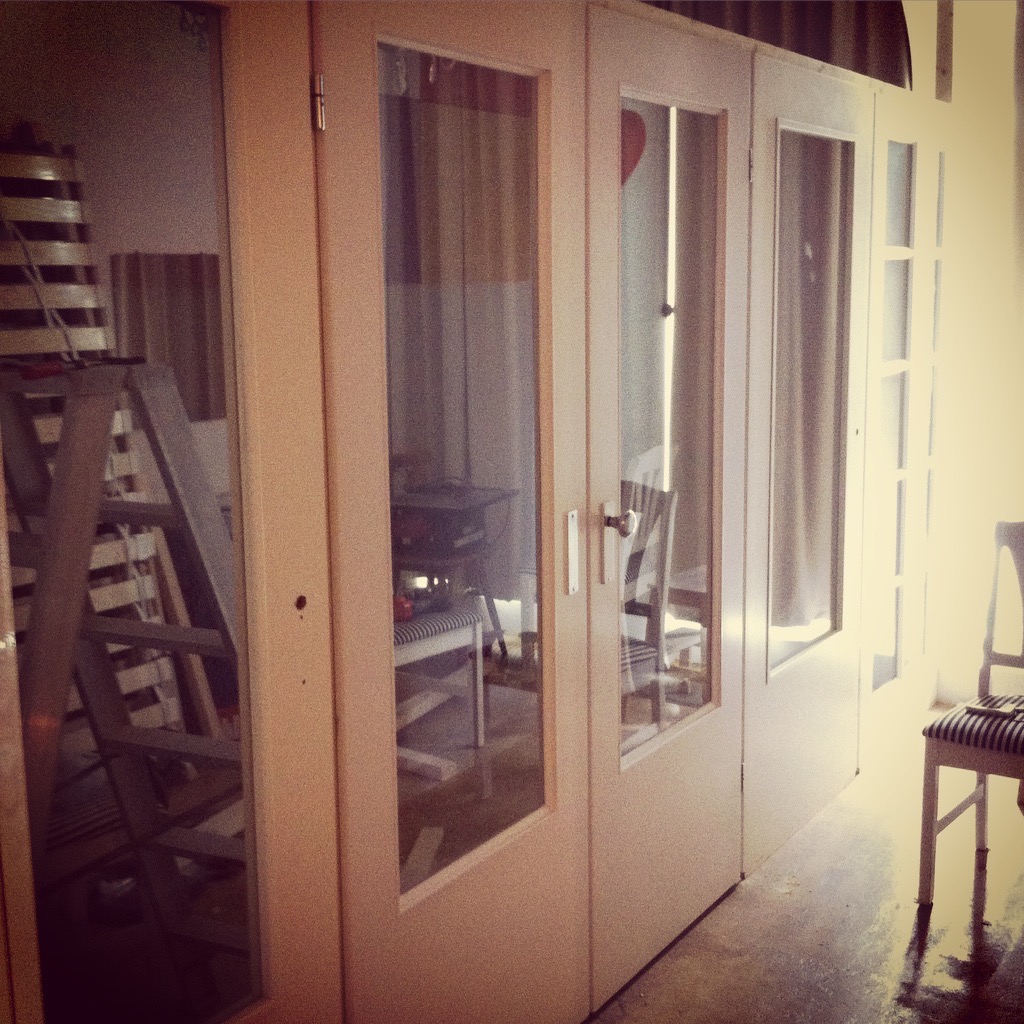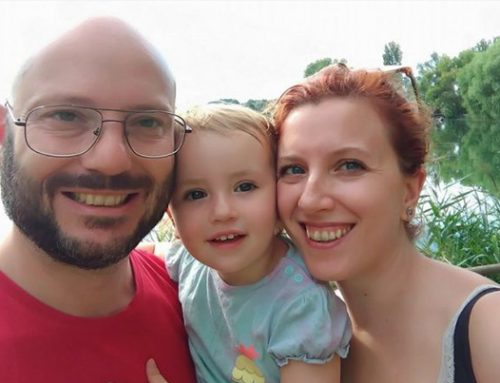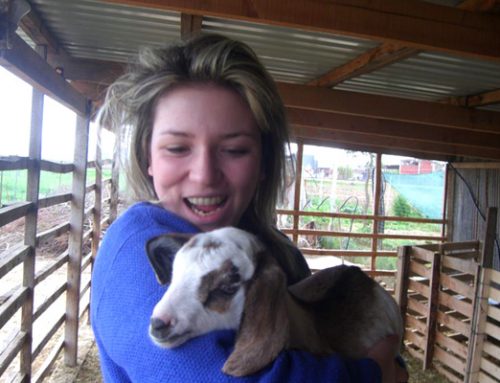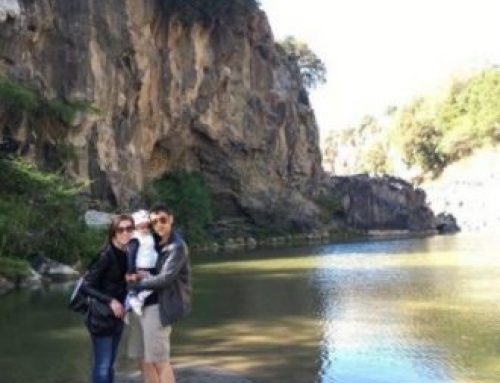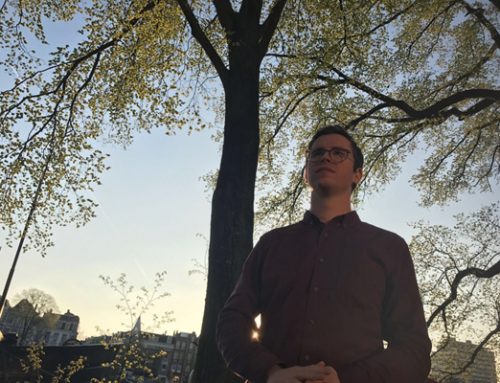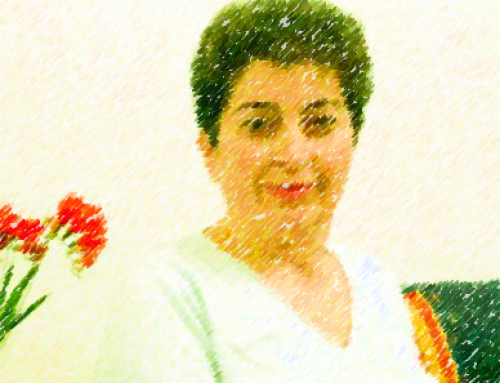Marjoleine is a young Dutch professional, she lives in an apartment in Amsterdam and when she was a student she was considered to be very “drastic” regarding her sustainable habits. So we asked her to elaborate on these habits in order for us to understand what was seen as so drastic.
– Well, to start with, I used to have 2 principles related to transportation:
- If where I wanna go is less than 30km away, I cycle.
- If where I want to travel is within Europe, I take the train or even the bus.
If I travel for personal reasons, I still adhere to these rules nowadays. Because of my current job I cannot always stick to the latter one. Still, I mostly manage to travel by train when I have enough time for work-related visits in neighboring countries.
As a student, I also started a ‘no meat nor fish’-rule, as food-industry has a large footprint. Generally speaking I eat vegan or vegetarian, but if I am at a dinner and someone has cooked meat or fish already, I will eat it. The reasons for developing this habit, has to do with a project I did in Ecuador during my studies, on water irrigation and waste awareness. The villagers continuously prepared ‘their’ meat for us (cows and guinea pigs!), which came from the land directly. Of course that is something you cannot refuse out of politeness, so there we developed a ‘don’t waste food’ rule too, which I still adhere to as well.
Later on, I also became more careful with my water consumption. A few years ago, after my studies, I participated in a land restoration project in Portugal where we had very limited clean water resources. We could only take 1 minute (cold) showers. That inspired me. Therefore, at home these days, I always take 1 to 2 minute showers (depending on hair wash or not) and I put the temperature of the boiler at 35 degrees Celsius instead of 60*. Actually, I start showering already when the water is still heating up. Cold showers are good for your immune system anyways, so I usually end my shower cold too (20 seconds of the 1 to 2 minutes). The funny thing is that people who take a shower at my place never notice the lower boiler temperature. And I encourage them to save water too, e.g. not to let the tap run while brushing teeth.
Furthermore after my studies, I started to build interior design projects by reusing materials as much as possible. This may sound ‘tramp-like’, but it is not (she laughs). The big waste collection in my neighborhood is on Tuesday mornings. On Monday evenings, therefore, you can find all sorts of stuff on the street. I call this street harvesting**. In the past few years, I have found doors, wooden beams, and many other bigger and smaller building materials. For example, I made a wall in my house from doors and wood that I had found on the street. Street harvesting sparks my creativity, because I make interiors that I would have never come up with before, only because I work with the materials that I find.
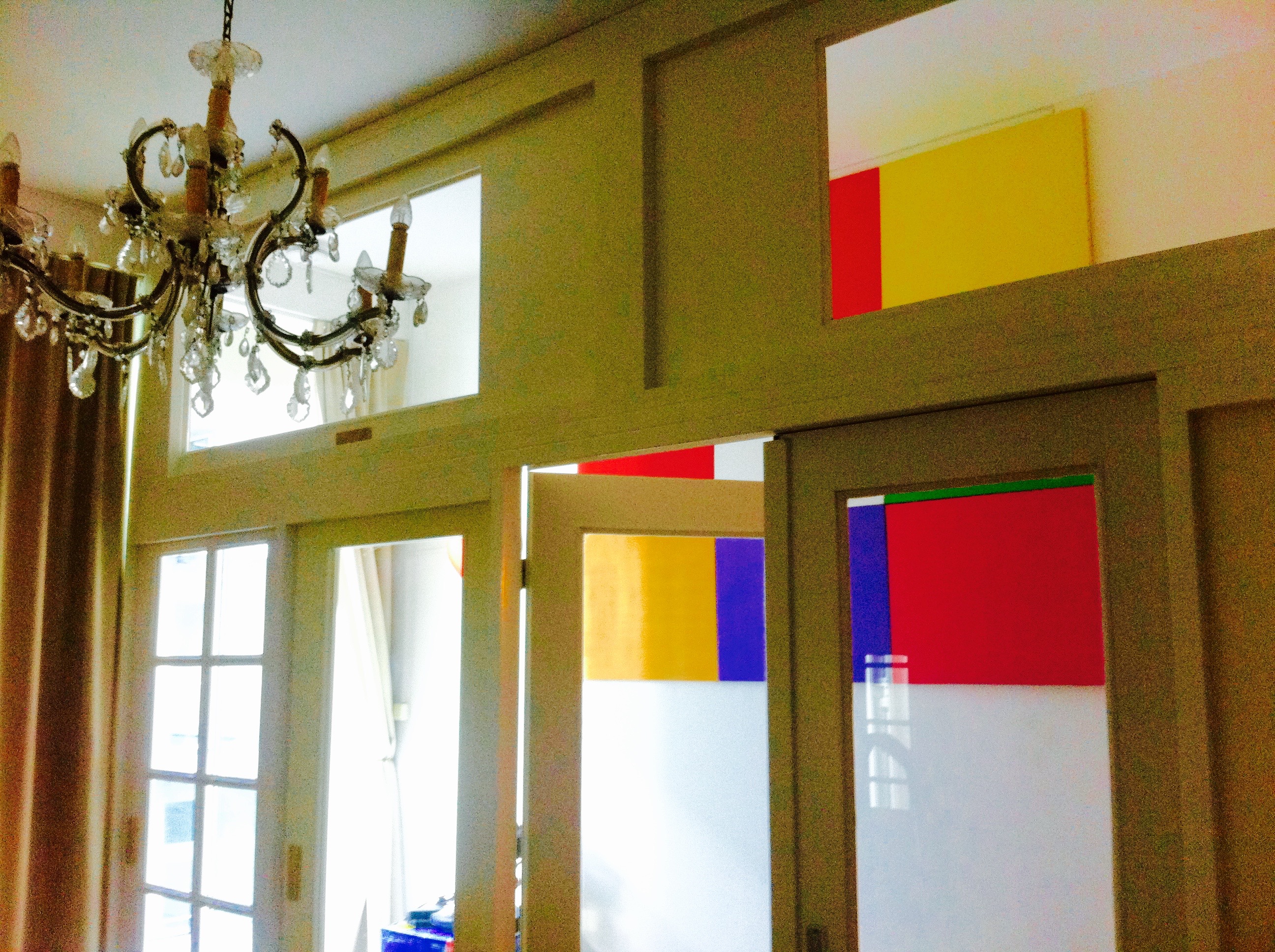
– Is there anything you want to further improve?
– When I was in Ecuador in the small Andean villages, I have seen how plastic ruined the highlands. To prevent plastic waste, I should go to the open market more often (instead of the supermarket), carry my own bags etc. Also, I tend to forget to make my tea after I boil water with the water cooker. If I have to boil it twice it’s a waste of energy, so I need to improve that. As a sort of ‘mini-self-punishment’, I occasionally force myself to drink lukewarm tea. Last, I must admit, that I would like to be more daring in confronting people, because as soon as I tell them about these little habitual changes, they actually tend to be inspired. In earlier days, I thought it was a bit of weird to have such strong sustainability driven principles, but these days I can be more confident to ‘be my sustainable me’, since we all see the dangers of global climate change.
– So living more sustainably, is merely about observing your own habits?
– Exactly, and that’s actually what I see when I discuss it with other people and they have this “a ha!” expression in their face, showing that, after all, what they hear is not that extraordinary.
– We do believe so as well. Marjoleine thank you very much for sharing these with us.


